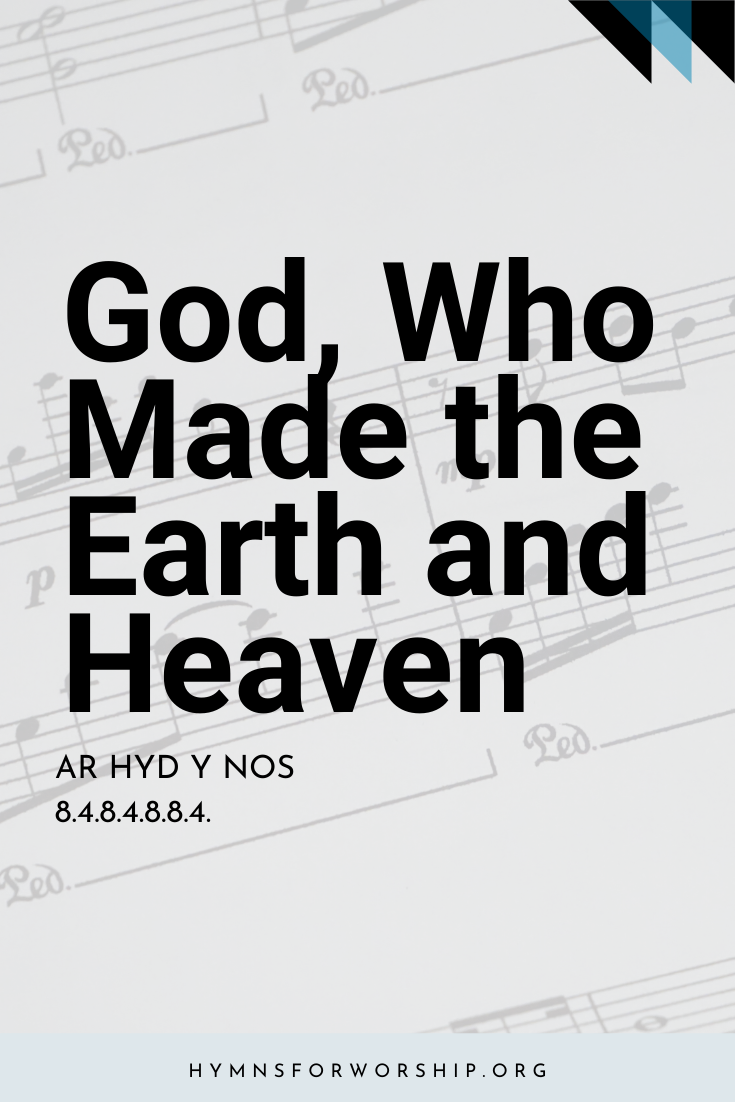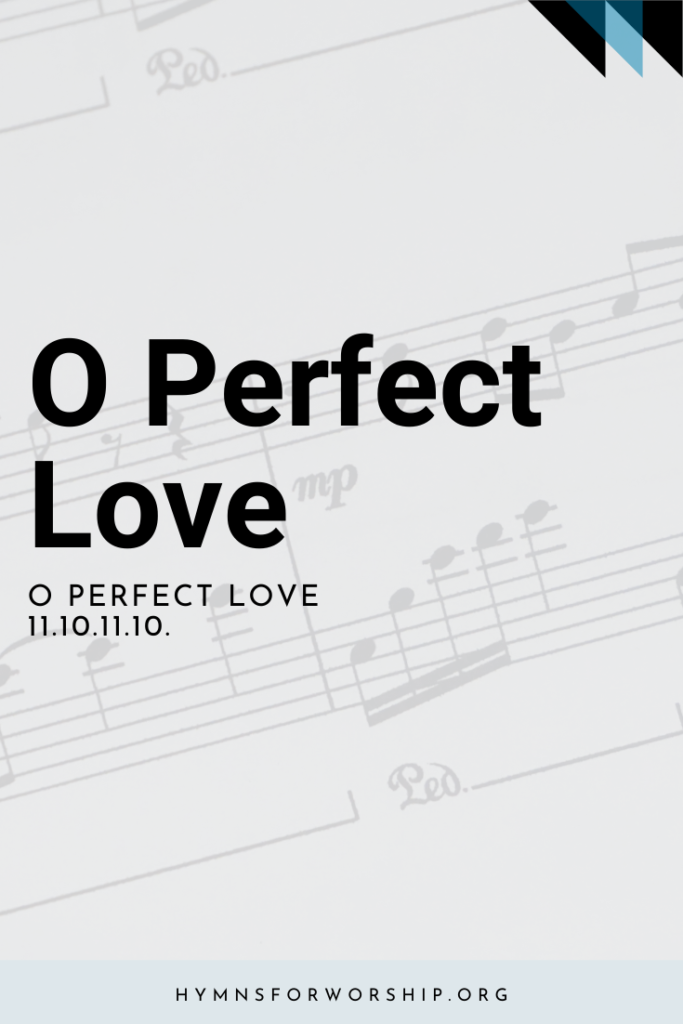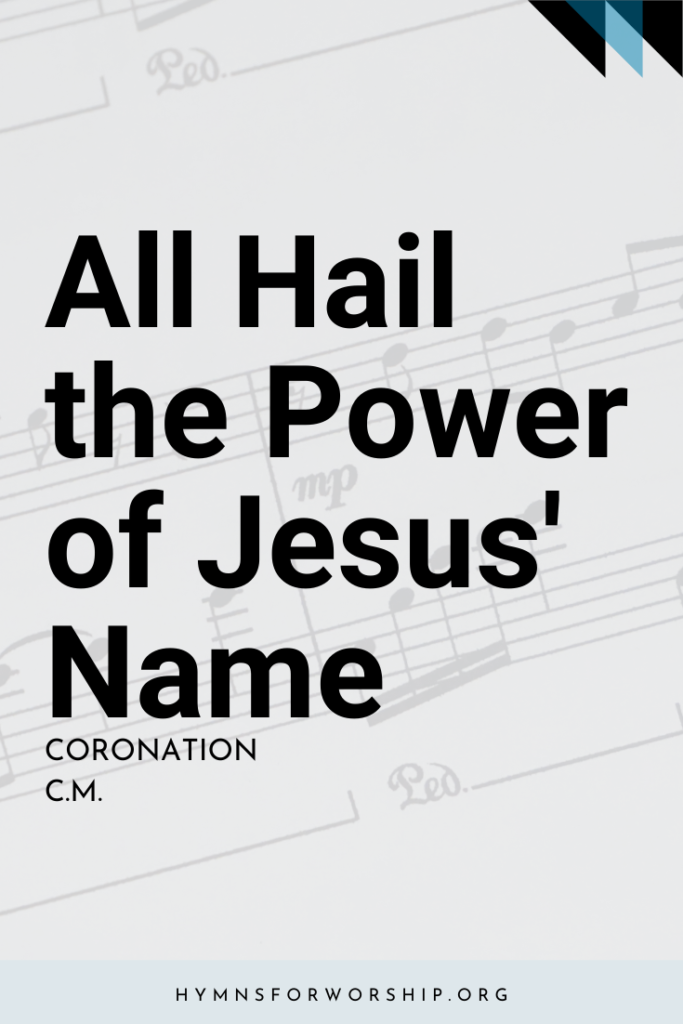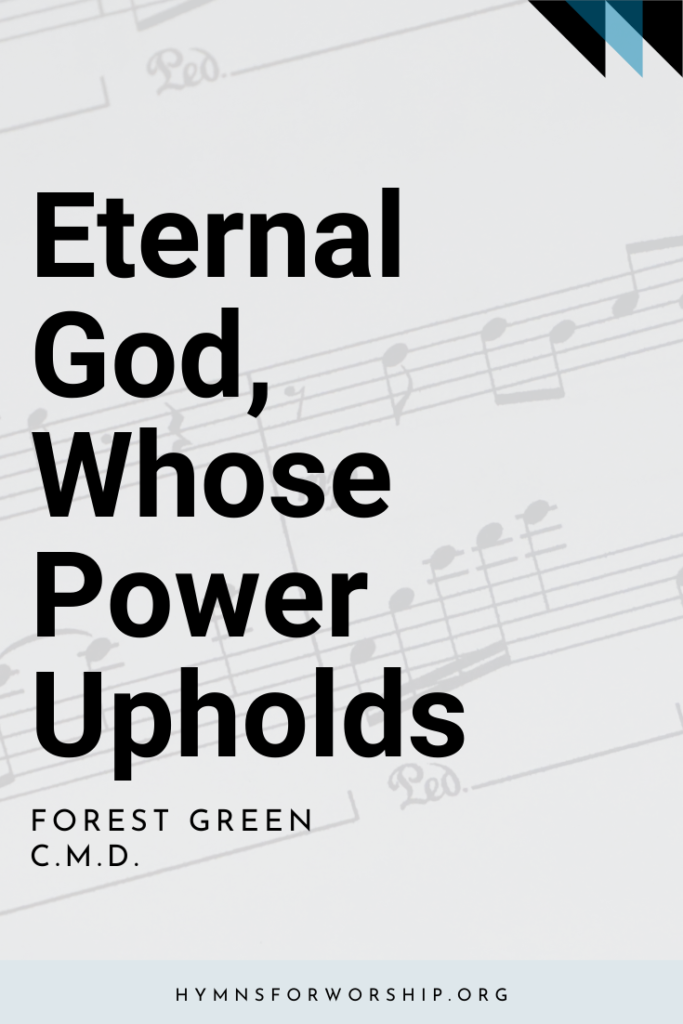WORSHIP >> EVENING WORSHIP
SDAH 47
God, who made the earth and heaven, Darkness and light:
You the day for work have given, For rest the night.
May Your angel guards defend us,
Slumber sweet Your mercy send us,
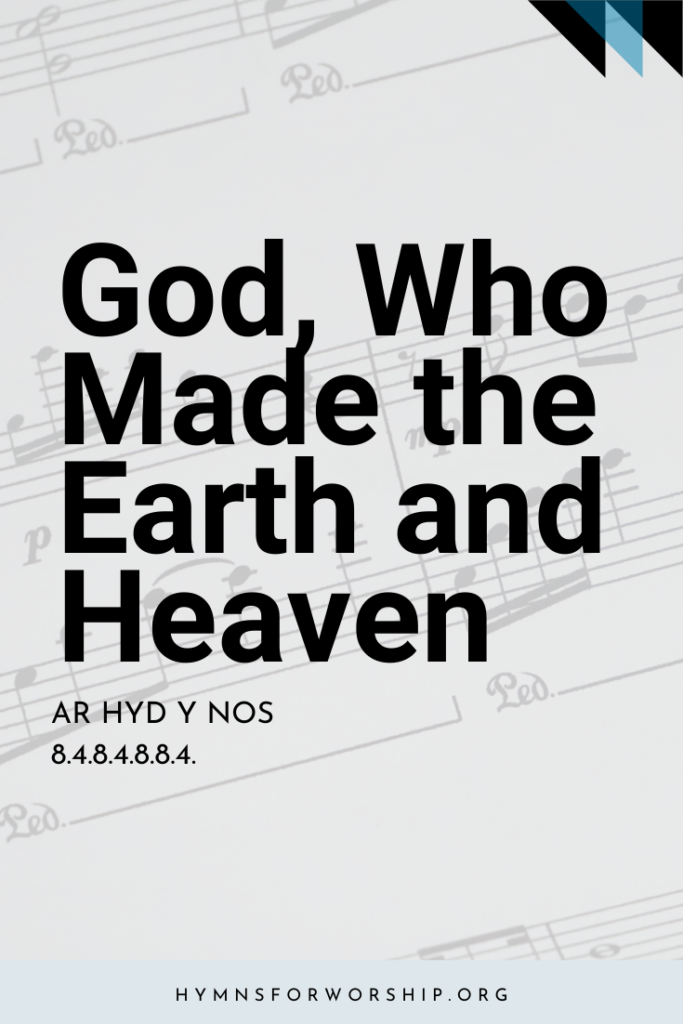

Get the hymn sheet in other keys here
For Worship Leaders
Make each hymn more meaningful with these helpful tools: Short, ready-to-use hymn introductions for church bulletins, multiple ways to introduce a hymn based on your worship theme and in-depth history and insights to enrich your song service.
Hymn Spotlight: God, Who Made the Earth and Heaven
This beloved evening hymn is a collaborative work spanning over a century! Originally, Reginald Heber (1783–1826)wrote just the first stanza, but later additions by Richard Whately (1787–1863) and William Mercer (1811–1873)shaped the hymn into the version we sing today. The text beautifully reflects Psalm 121:8—“The Lord shall preserve thy going out and thy coming in from this time forth, and even for evermore.”
The melody, AR HYD Y NOS, is a traditional Welsh tune dating back to at least 1784. It has been used for many different texts, both sacred and secular, including the well-known lullaby “All Through the Night.”
As we sing this hymn, may it remind us that God watches over us through every moment, from morning’s light to evening’s rest.


Text
1
God, who made the earth and heaven, Darkness and light:
You the day for work have given, For rest the night.
May Your angel guards defend us,
Slumber sweet Your mercy send us,
Holy dreams and hopes attend us
All through the night.
2
And when morn again shall call us to run life’s way,
May we still, what-e’er befall us, Your will obey.
From the pow’r of evil hide us,
In the narrow pathway guide us,
Never be Your smile denied us
All through the day.
3
Guard us waking, guard us sleeping, And, when we die,
May we in Your mighty keeping All peaceful lie.
When the trumpet call shall wake us, Then,
O Lord, do not forsake us,
But to reign in glory take us with You on high.
4
Holy Father, throned in heaven, All holy Son,
Holy Spirit, freely given, Blest Three in One:
Grant us grace, we now implore You,
Till we lay our crowns before You
And in worthier strains adore You while ages run.

Hymn Info
Biblical Reference
(a) Gen 1:1-3, Prov 3:24 (b) Deut 33:25
Author
Reginald Heber (1783-1826), st. 1; William Mercer (1811-1873), sets. 2, 4; Richard Whately (1787-1863), st. 3, alt.
Hymn Tune
AR HYD Y NOS
Metrical Number
8.4.8.4.8.8.4.
Tune Source
Welsh Melody
Theme
EVENING WORSHIP

